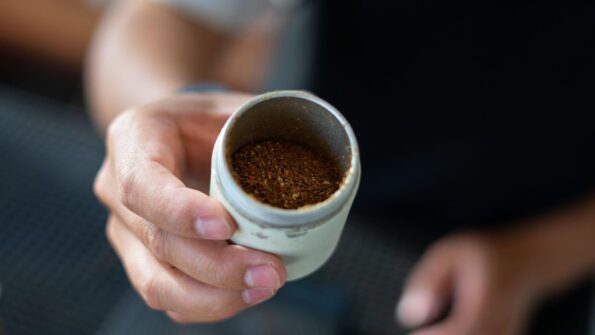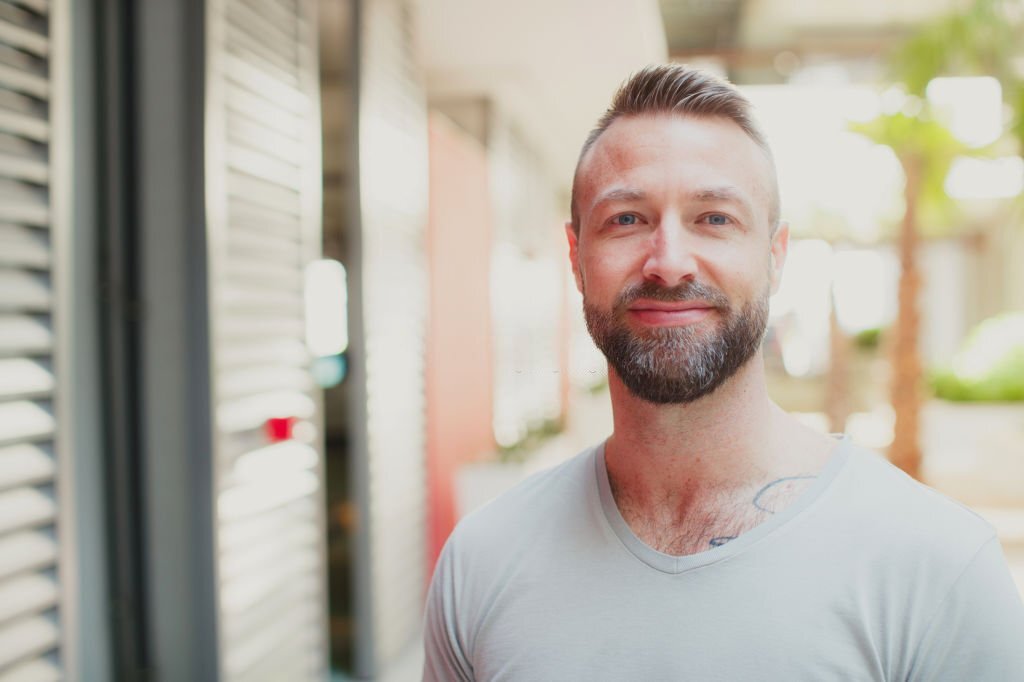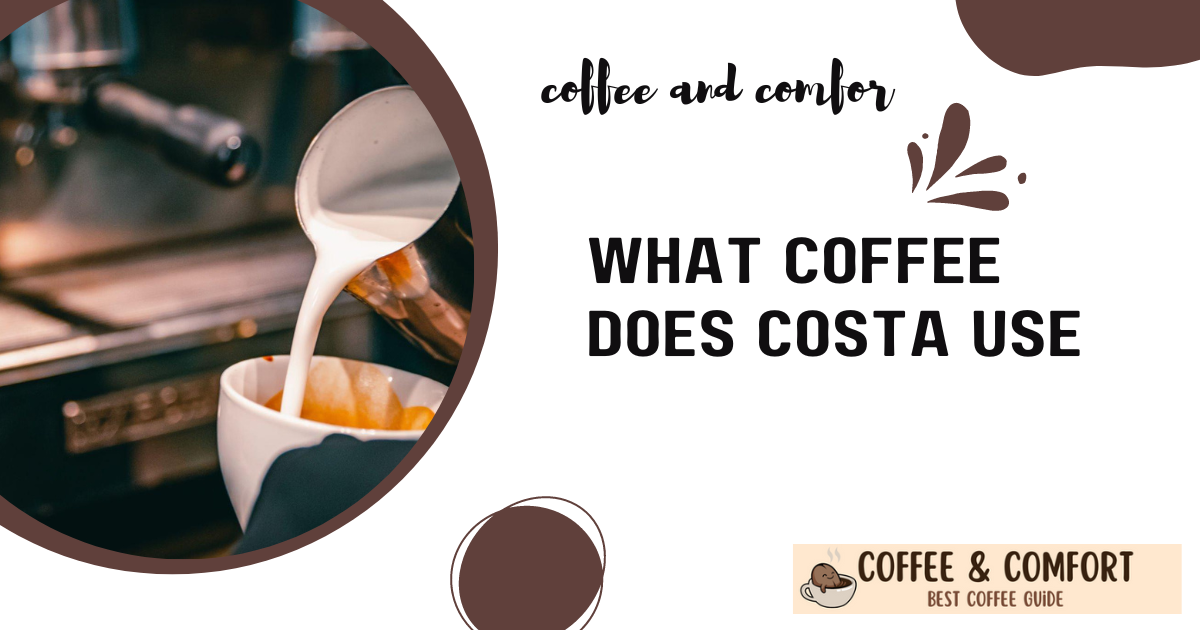Costa Coffee uses 100% Arabica beans to create their signature blend of smooth, rich coffee. Enjoy the perfect cup of coffee every time.
If you’re looking for a coffee that’s as sassy as you are, look no further than Costa! Costa uses only the finest Arabica beans, sourced from the best coffee-growing regions around the world. So, you can be sure that every cup of Costa coffee is full of flavor and attitude.
Types of Coffee Used by Costa
Costa uses a variety of coffee beans to make their espresso-based drinks. These include Arabica beans from the countries of Colombia, Ethiopia, India, Brazil, and Honduras, as well as Robusta beans from Indonesia and Vietnam.
Costa also uses a blend of Arabica and Robusta beans to create a unique, smooth flavour. On top of these, Costa also sells beans from single origin farms, as well as speciality coffees such as decaffeinated and organic varieties.
Cost of Coffee Used by Costa
Costa’s coffee beans range in price from $8.99 for 250g of ground coffee beans to $14.99 for a 500g bag of whole beans. The cost of Costa’s espresso-based drinks also varies depending on the size, with a small latte costing around $3.50 and a large costing $4.50.
Quality of Coffee Used by Costa
Costa prides itself on the quality of its coffee beans. The beans are sourced from some of the world’s finest coffee-growing regions, and they are roasted in Costa’s own state-of-the-art roasting facility.
All of Costa’s coffee beans are freshly ground and packed in airtight bags, ensuring the beans remain fresh and full of flavour.

Sourcing of Coffee Used by Costa
Costa takes great care when sourcing its coffee beans. The company sources its beans directly from farmers, and only works with those who meet its high standards for sustainable farming and production practices. Costa also has stringent quality control measures in place to ensure only top-quality beans are used in its espresso-based drinks.
Roasting Process of Coffee Used by Costa
Costa uses a unique roasting process to bring out the best in its coffee beans. The beans are roasted in small batches to ensure each batch is roasted to perfection. The roasting process is carefully monitored, and the beans are constantly monitored to ensure the perfect roast level is achieved.
The beans are then blended with other coffee beans to create a unique flavour profile. The beans are then ground and packed in airtight bags to keep them fresh and full of flavour.
Frequently Asked Questions (FAQ)
Q1: What type of coffee does Costa use?
A1: Costa uses a blend of Arabica and Robusta beans to create their signature coffee.
Q2: Where does Costa source its coffee beans?
A2: Costa sources its coffee beans from countries around the world, including Brazil, Colombia, Guatemala, and Ethiopia.
Q3: How is Costa’s coffee roasted?
A3: Costa’s coffee is roasted using a unique blend of traditional and modern techniques to create a smooth and balanced flavor.
Q4: What is the caffeine content of Costa’s coffee?
A4: The caffeine content of Costa’s coffee varies depending on the blend, but generally ranges from 1.2% to 1.8%.
Q5: Does Costa offer decaffeinated coffee?
A5: Yes, Costa offers a range of decaffeinated coffee options.
Q6: Does Costa offer organic coffee?
A6: Yes, Costa offers a range of organic coffee options.
Q7: Does Costa offer flavored coffee?
A7: Yes, Costa offers a range of flavored coffee options.
Final Word
Costa Coffee uses high-quality Arabica beans to create their signature coffee blends, ensuring a delicious cup of coffee every time.

My name is Michael Jones, and I’m a coffee enthusiast and expert based in the US. I run my own coffee shop, and I’m passionate about everything related to coffee. On my website, Coffee and Comfort, I share my knowledge and tips to help you elevate your coffee experience. Whether you’re a beginner brewer or a seasoned barista, I have something for everyone. I’ll teach you how to choose the right coffee beans, grind them perfectly, and brew a delicious cup of coffee at home. I’ll also share tips on how to make different coffee drinks, like lattes, cappuccinos, and espressos. But more than just teaching you about coffee, I want to help you create a coffee lifestyle that you love. Coffee is more than just a beverage; it’s a way to connect with people and enjoy the simple things in life.
